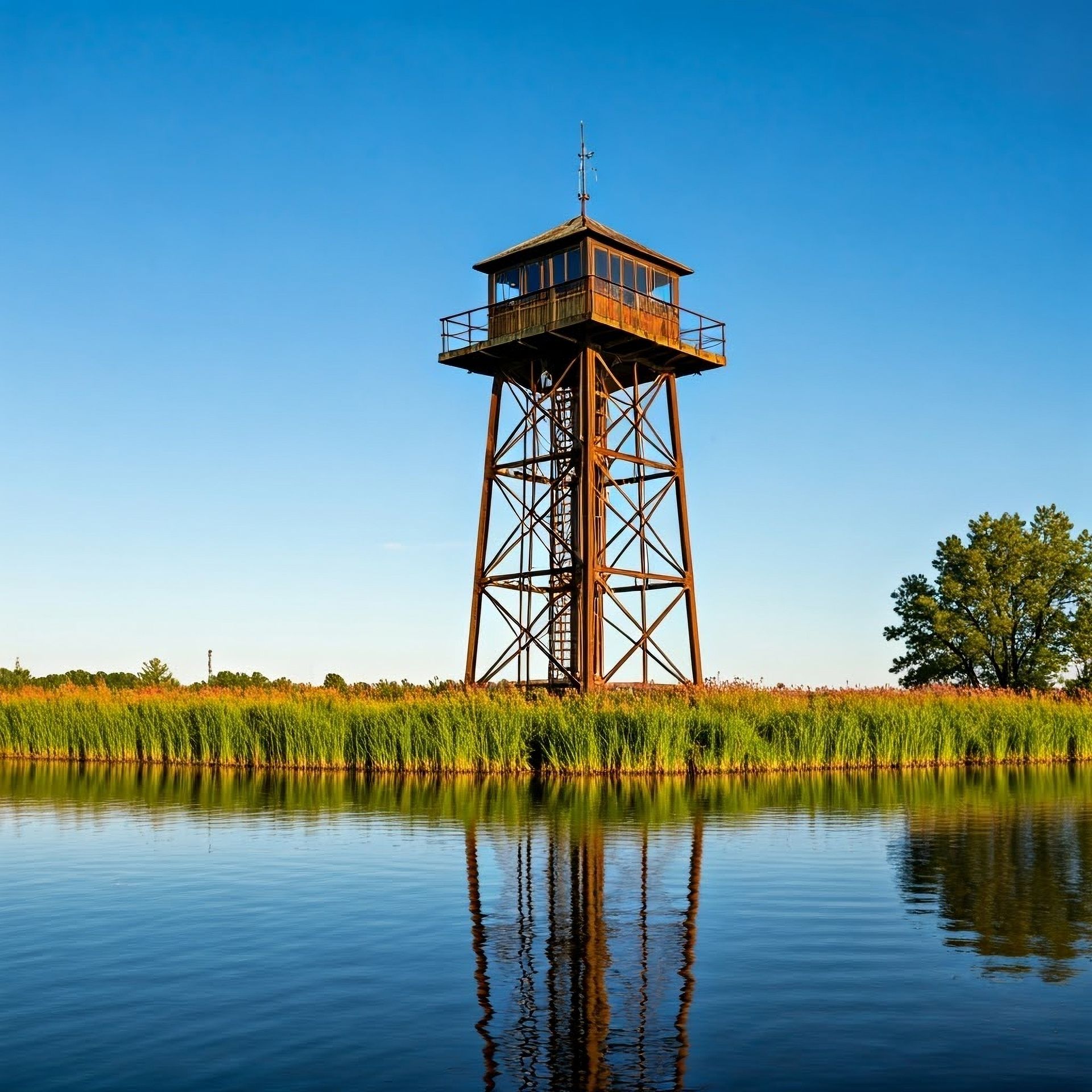Avoiding Legionnaires Disease on Holiday
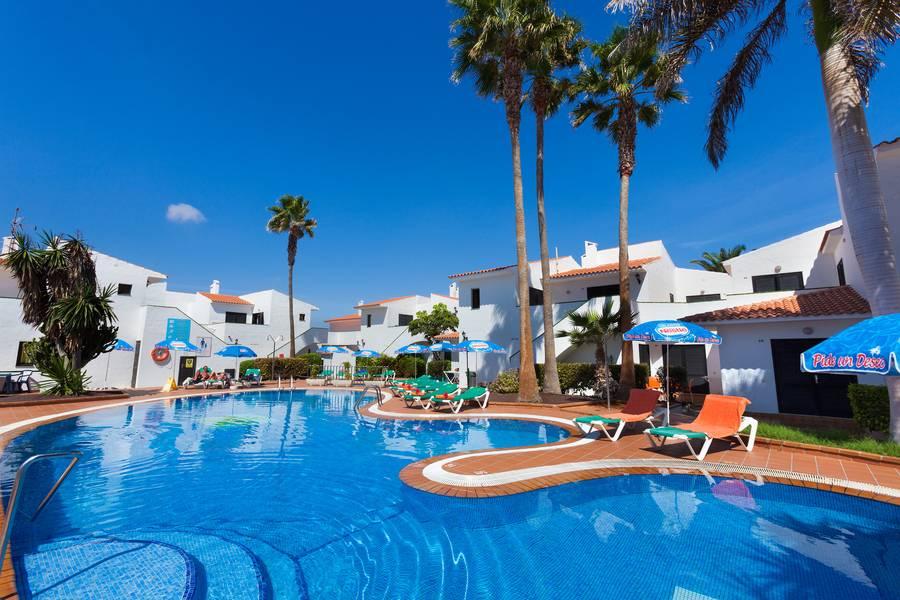
Popular vacation destinations may put Britons at risk for a dangerous bacterial infection that can cause life-threatening pneumonia, according to a number of recent research articles.
According to researchers, up to two-thirds of hotels in places like Greece, the Canary Islands, and Morocco run the risk of dispersing the legionella, or legionnaires' disease, virus that lives in stagnant water.
Due to concerns that bugs may have gathered while facilities were closed during the COVID lockdowns, microbiologists are now advising vacationers to run taps and showers before coming into contact with water.
While many hotels have been reopened, not all have been at capacity. It’s always advisable to run water for a few minutes before stepping into it.
Symptoms and treatment
Legionella bacteria can cause severe respiratory illness, including Legionnaires' disease, which is a type of pneumonia, and Pontiac fever, a milder form of the infection.
Symptoms of Legionnaires' disease include coughing, shortness of breath, high fever, muscle aches, and headaches. The disease can be especially dangerous for people over the age of 50, smokers, and those with underlying health conditions.
While the infection can be treated with antibiotics, it can often prove deadly, particularly to those with weakened immune systems. In fact, the US CDC reports that one in ten people who develop Legionnaires' disease will die from the infection.
Hotel Owners Responsibility in the UK
Hotel owners and operators in the United Kingdom have a responsibility to prevent Legionella bacteria from growing and spreading in their properties. This includes ensuring that water systems are properly designed, maintained, and disinfected; that staff are trained in how to control Legionella growth; and that guests are informed of the risks of exposure to Legionellosis.
Hotel owners and operators must take steps to prevent legionella growth in their properties, including:
- ensuring that water systems are properly designed, installed, and maintained
- ensuring that water is regularly flushed and circulated
- maintaining the proper temperature and pH level in water systems
- using legionella-specific disinfectants
- training staff in legionella control measures
- regular testing of water systems for the presence of legionella
Informing guests of the risks of legionellosis and providing them with information on how to protect themselves is also critical. Legionellosis is a serious illness, and guests should be made aware of the signs and symptoms so that they can seek medical attention if necessary.
The laws that govern what hotel owners and managers must do in the UK are not always followed in other countries. So, if you're planning on a holiday in a popular destination this winter, be sure to take precautions against legionella exposure by running taps and showers before using them. And, if you or a loved one begins to experience any of the symptoms associated with Legionnaires' disease, seek medical attention immediately.
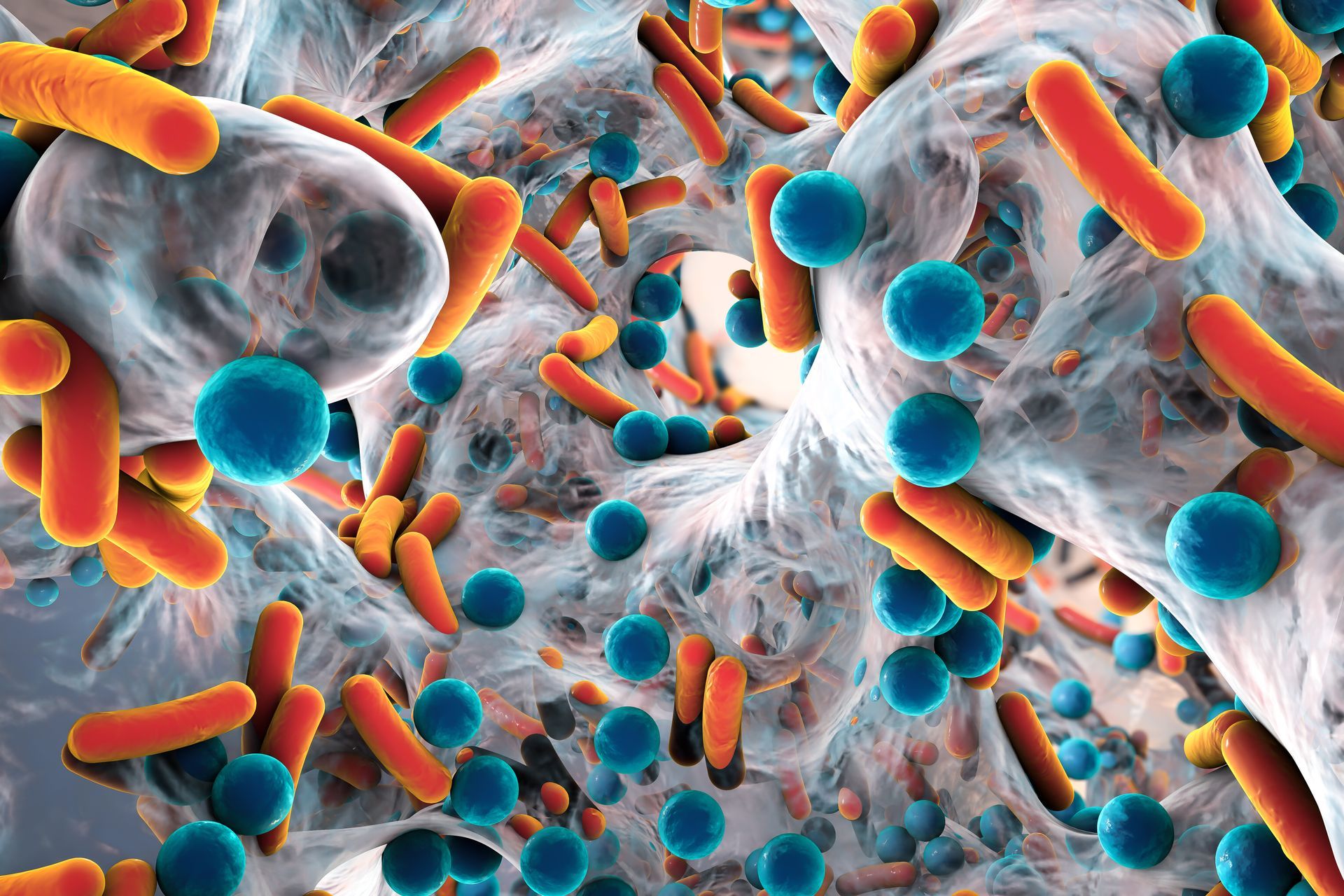

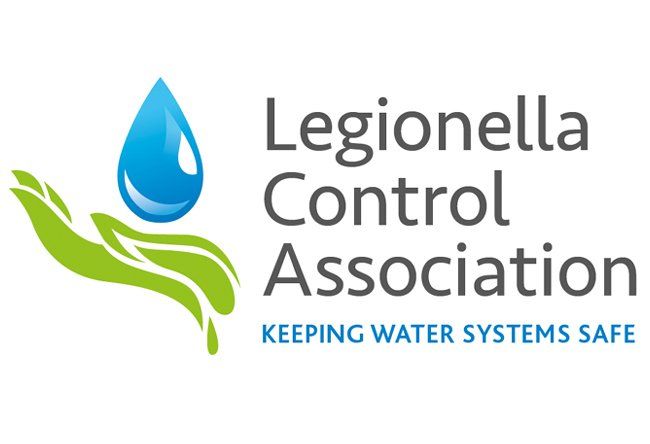
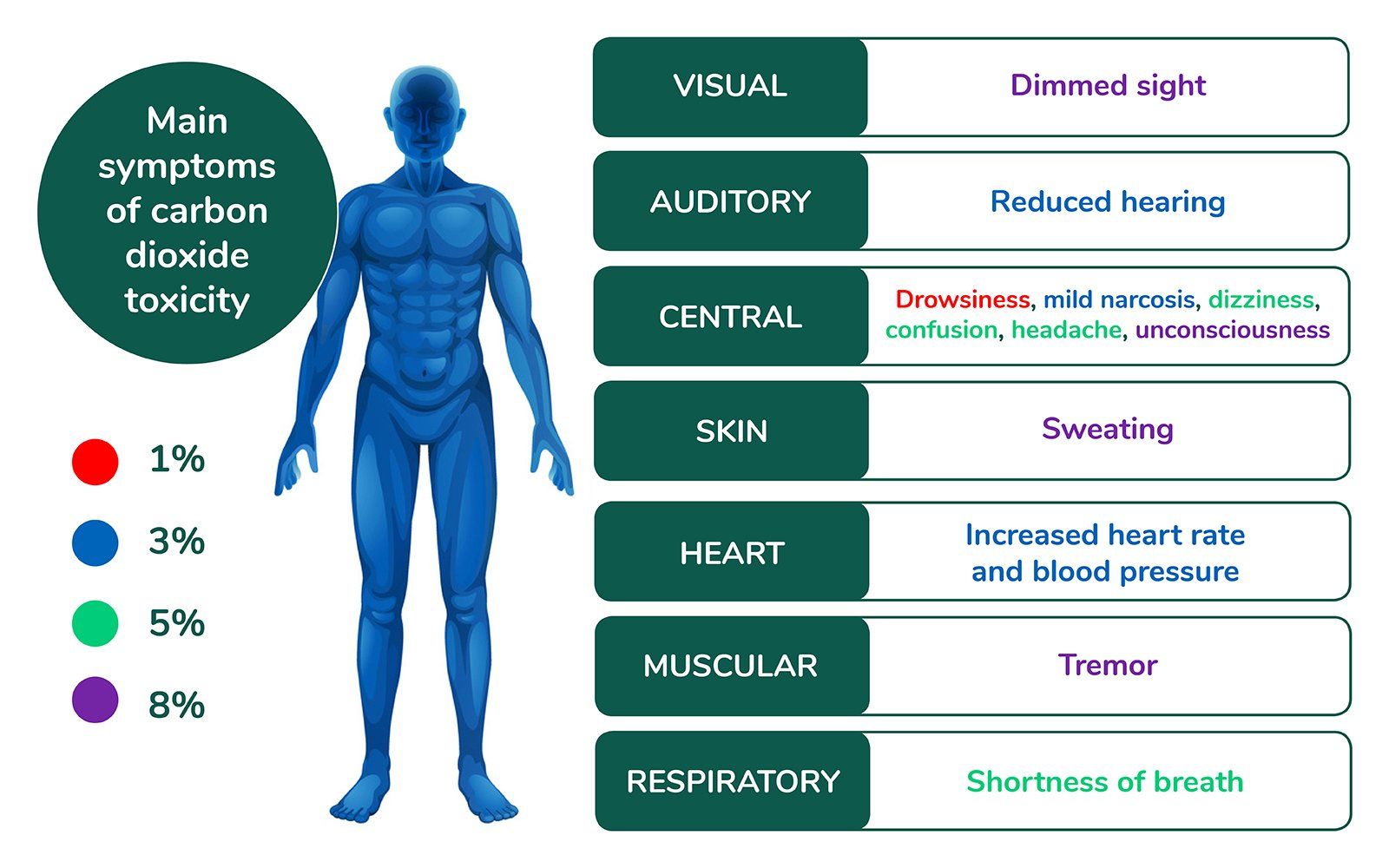
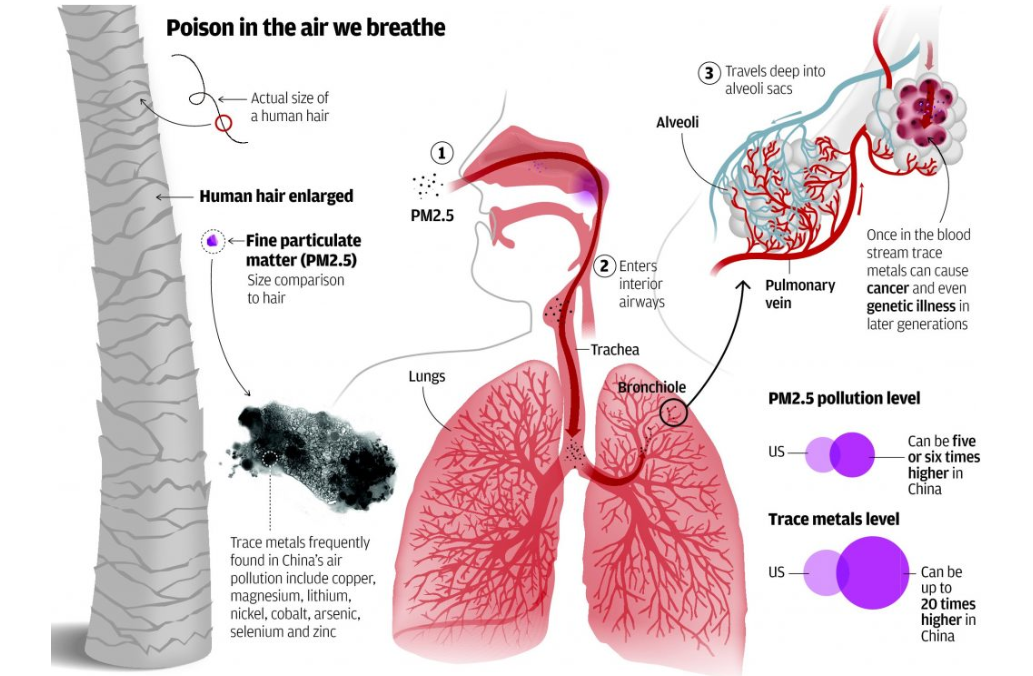
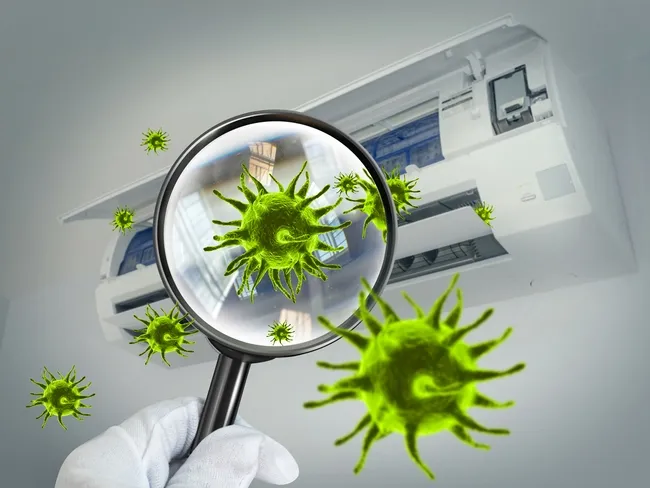

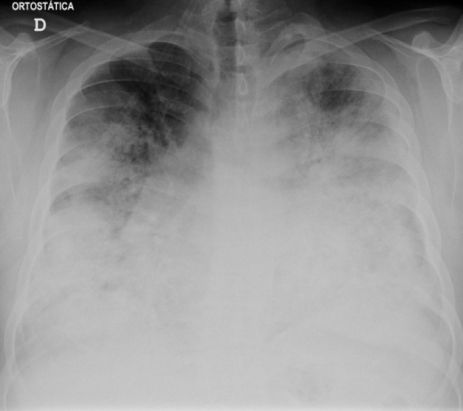
About Us
Smart building technology proudly brings together the fascinating worlds of IoT, Data Analytics and SaaS to create a unique customer experience, enabling full visualisation of your buildings eco-system, all in one place.
